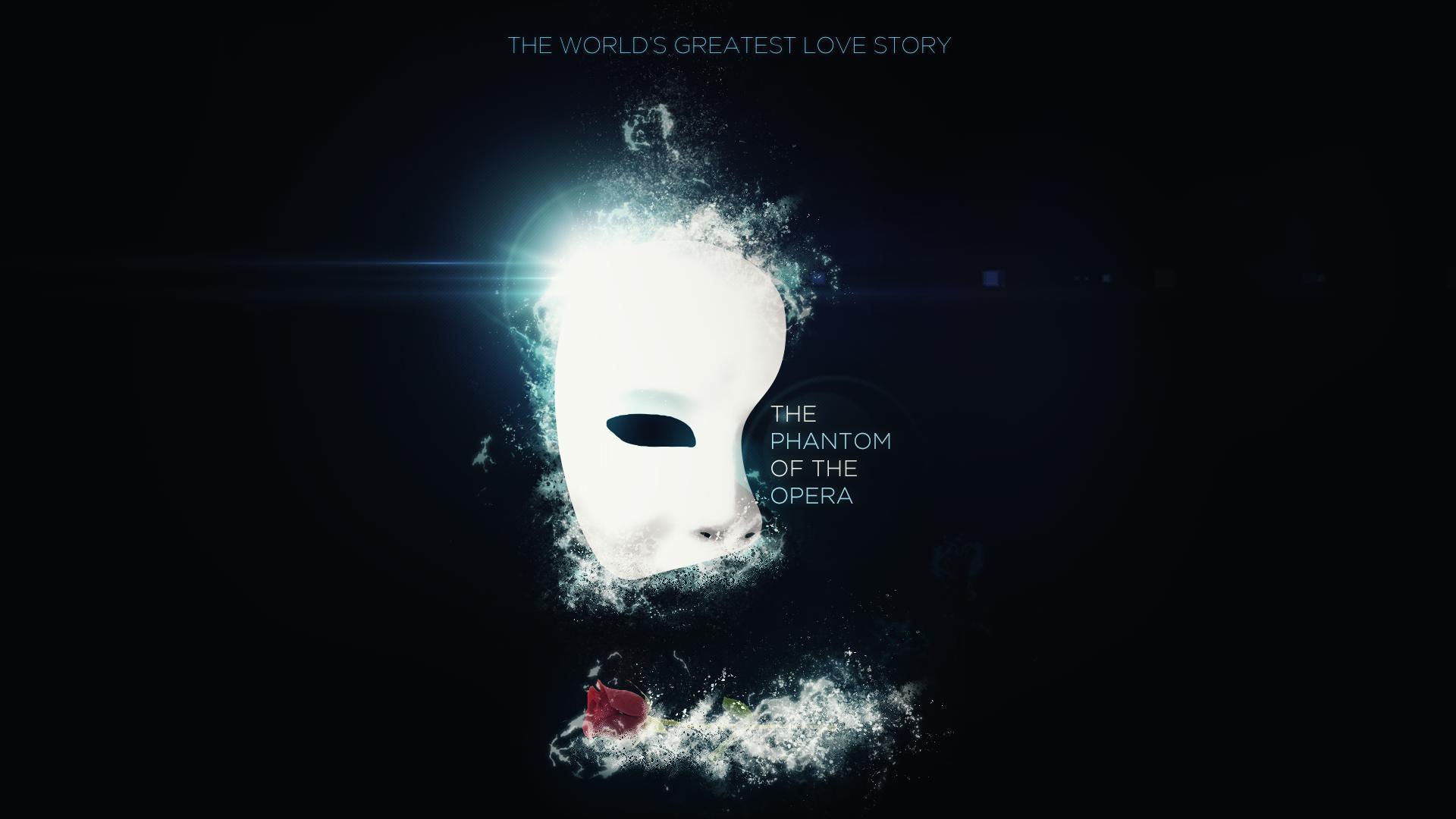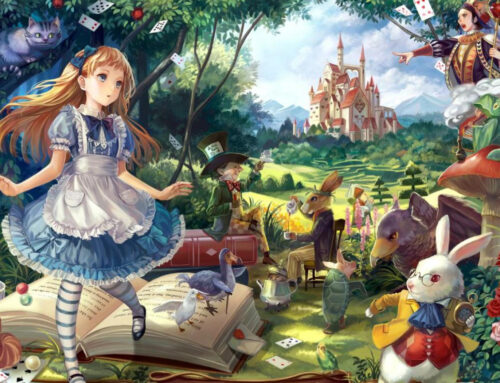Gaston Leroux’s inaugural serial of ‘The Phantom of the Opera’ in 1909 sparked a vibrant awakening of imagination in countless individuals. The concept of a musical genius concealing his deformity while enchanting a gorgeous soprano with his love, continues to captivate hearts to this day.
See our Phantom of the Opera inspired designs on Red Bubble
Herewith the NerdiPop list of top documentaries, mini-series and TV-movies based on The Phantom of the Opera.
Mini-series
El Fantasma de la Ópera (1954)

This Argentine mini-series starring Raissa Bignardi marked the inception of Narciso Ibáez Menta’s ‘Obras Maestras del Terror’ series on Buenos Aires’ Channel 9. While the film itself is unfortunately considered lost, a handful of production stills have surfaced online. These visuals strongly suggest that this mini-series remained remarkably faithful to Gaston Leroux’s original novel. Notably, this production served as inspiration for ‘El hombre que volvió de la muerte’ (1969), another mini-series directed and led by Narciso Ibáez Menta. In this subsequent series, Menta, concealing his facial disfigurement behind a metallic mask, played a central role
Mini-series: The Phantom of the Opera (1990)
This mini-series prominently starred Charles Dance in a gripping rendition of ‘The Phantom of the Opera.

In this version, the Phantom, portrayed by Charles Dance, is Erik, a disfigured musician residing beneath Paris’s Opéra Garnier. Gerard Carriere, played by Burt Lancaster, serves as his trusted friend, assisting in the management of each opera performance. However, when Carriere is dismissed and the opera appoints Choleti as the new manager, the Phantom’s life takes a turn.
Enter Carlotta, Choleti’s wife, embodying a spoiled demeanor and a dreadful voice. Meanwhile, Christine Daae, portrayed by Teri Polo, ventures to the Paris Opera House seeking the voice lessons promised by Phillipe, Comte de Chagny, only to realize she’s not the first entrancing face Phillipe has brought to the venue.
Initially brushed off by Carlotta, Christine’s fate takes a twist when it’s revealed she has a powerful patron. She secures a role in the costume department, replacing Buquet, and finds shelter in an Opera House storage room, courtesy of Jean-Claude, the doorman. As Christine serendipitously graces the stage one night and enchants the empty theater with her voice, the Phantom is immediately captivated.
Upon her inquiry about the Comte de Chagny, the Phantom discloses his unworthiness of her love, highlighting his superficial appreciation for beauty over the music. It’s this very scene in the TV movie where Erik, the Phantom, realizes Christine’s genuine affection towards him.
TV Movies / Shows
The Phantom of What Opera? (1971)
“The Phantom of What Opera? (1971)” stands as a gripping episode within Rod Serling’s Night Gallery series.

The Phantom of Hollywood (1974)
TV Movie featuring Jack Cassidy as an old-time movie star who had been disfigured by an accident and now haunted the backlot of a condemned Hollywood studio.

The Phantom of the Opera (de) (1983)
This is a TV Movie featuring Maximilian Schell, Michael York and Jane Seymour.

Documentary:
The secret of the Phantom of the Opera – David Copperfield (1991)

David Copperfield has always been a top-tier magician in my book, and the experience of watching him perform at the Paris Opera in 1991 through the educational, semi-documentary ‘The Secret of the Phantom of the Opera’ was nothing short of magical.

What fascinated me most was the meticulous referencing of chapters from ‘The Complete Phantom of the Opera,’ allowing us to delve deeper into the Phantom’s world by exploring the catacombs, dressing rooms, theater, and other iconic locations only previously encountered through literature.
The absolute highlight of the documentary was when David Copperfield brought Gaston le Roux’s words to life by reading a captivating passage from the book.
“Poor, unhappy Erik! Shall we pity him? Shall we curse him? He asked only to be ‘someone,’ like everybody else. But he was too ugly! And he had to hide his genius or use it to play tricks with, when, with an ordinary face, he would have been one of the most distinguished of mankind! He had a heart that could have held the entire empire of the world; and, in the end, he had to content himself with a cellar. Ah, yes, we must need pity the Opera ghost…”








